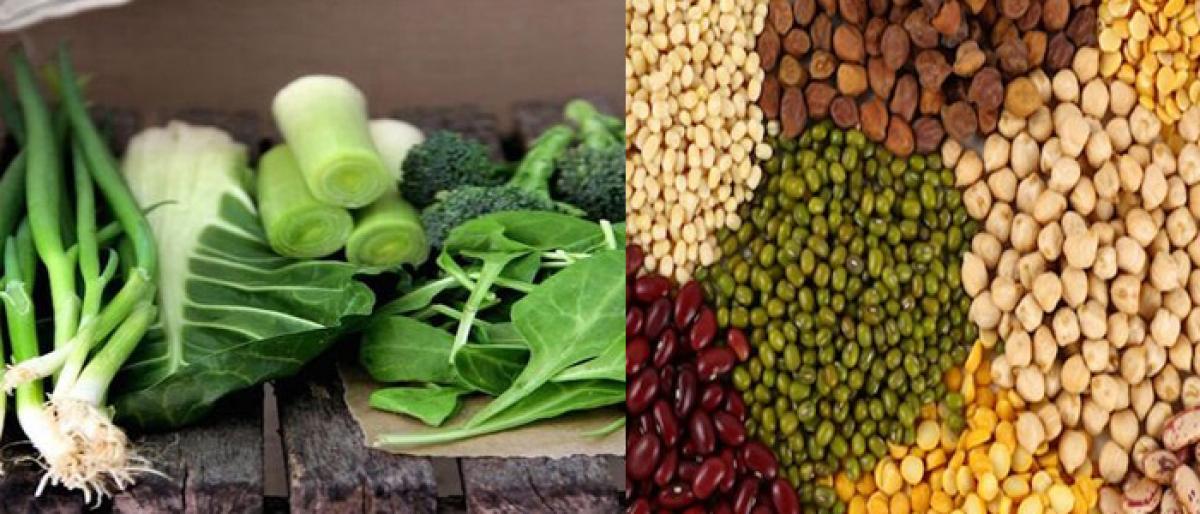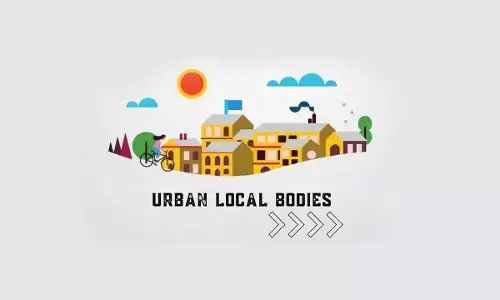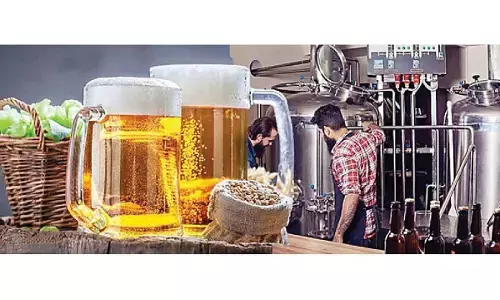Iron Anyone?

In most of the sessions we conduct, people often question us about protein and calcium; rarely does anyone ask about iron! Well, iron too is an extremely vital nutrient for the functioning of our body and a deficiency could result in low energy levels, headache, irritability, dizziness, shortness of breath or anemia.
In most of the sessions we conduct, people often question us about protein and calcium; rarely does anyone ask about iron! Well, iron too is an extremely vital nutrient for the functioning of our body and a deficiency could result in low energy levels, headache, irritability, dizziness, shortness of breath or anemia.
The good news is that those on a whole plant based diet needn’t worry about iron. This is because like calcium, iron is a mineral that comes from soil.
So, when we eat plants we get the iron that our body requires. However, it is important to bear in mind that acidic foods such as milk, tea and coffee impede the absorption of iron and eventually lead to iron deficiencies.
Read on to find out about foods rich in iron…
Leafy Greens: Spinach and beet greens are rich in iron.
Vegetables: Vegetables have a higher iron content mainly because they are rich in Vitamin C, which helps enhance iron absorption. Broccoli, cabbage, mushrooms and Brussels sprouts especially are iron rich. Potatoes contain significant amounts of iron, mostly concentrated on their skins.
Legumes: Especially when soaked and sprouted.
Nuts & Seeds: Almonds, cashews, pine nuts and macadamia are nuts rich in iron. Pumpkin, sesame, hemp and flaxseeds are seeds richest in iron.
Fruits: Surprisingly, some fruits such as prunes, olives and mulberries are rich in iron.
Whole Grains: There is more iron in whole grains than processed grains.
Millets : Especially amaranth and quinoa.
Cast iron : Cooking in cast iron pans adds in an iron boost.















